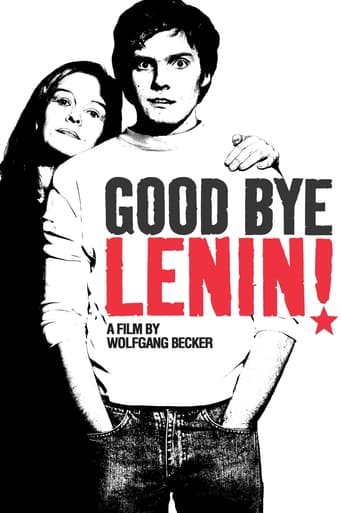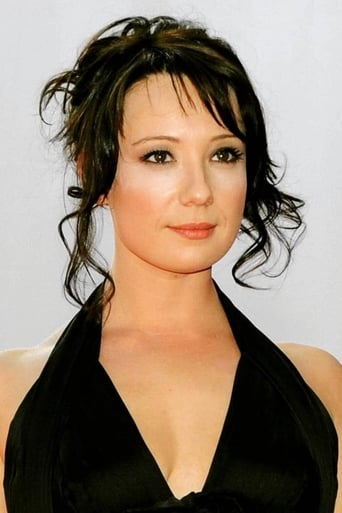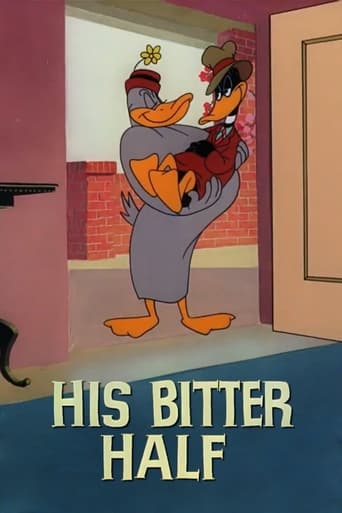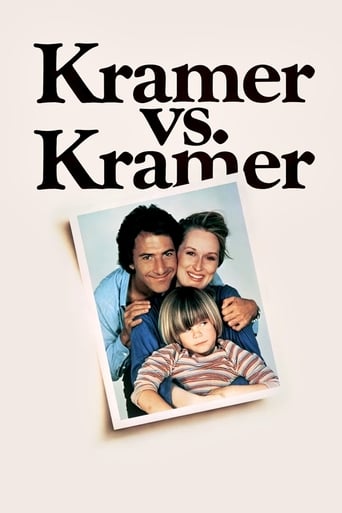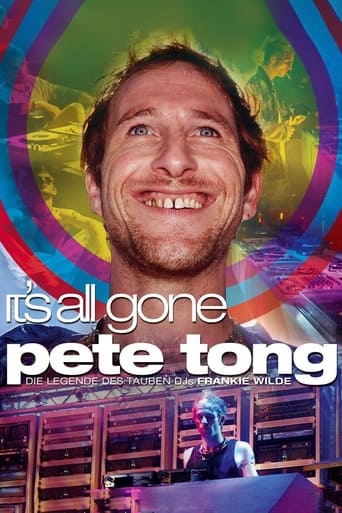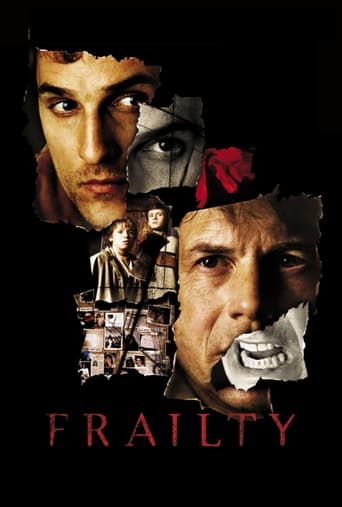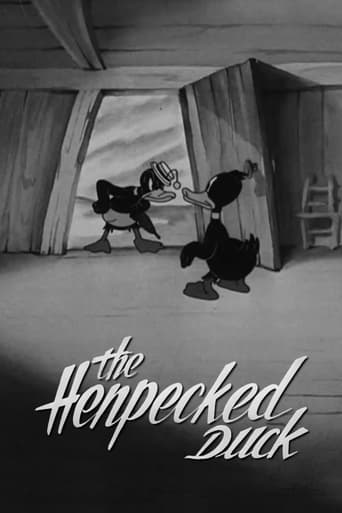Good Bye, Lenin! (2003)
Alex Kerner's mother was in a coma while the Berlin wall fell. When she wakes up he must try to keep her from learning what happened (as she was an avid communist supporter) to avoid shocking her which could lead to another heart attack.
Watch Trailer
Cast


Similar titles
Reviews
Please don't spend money on this.
Admirable film.
There's no way I can possibly love it entirely but I just think its ridiculously bad, but enjoyable at the same time.
The film never slows down or bores, plunging from one harrowing sequence to the next.
for a viewer from Eastern Europe, it is a special film. not for the story itself or for performances but for the great themes who are opportunities for not ignore the past. because the nostalgia for the image of a better past, the every day realities under Communism, the need to escape from the pressure of dictatorship in its different aspects and, after 1990, to adapt yourself to the democratic values are basic things who impose !Good Bye Lenin !" as a must see. the film works with simple fragments of facts. and it does it in admirable manner. so, an useful film. especially for the memory of a viewer from East.
I watched this in my German Cinema class, and I very much enjoyed it. The cast members were all well-suited to their roles, the plot was engaging, and the film editing was beautiful. Good Bye Lenin! is a tragicomedy which takes place mostly in East Berlin in 1989 and 1990. It opens with Sigmund Jähn's flight into space, and the subsequent televised "wedding" of the German and Soviet children's television characters Sandmann and Mascha. Through the entire film, space is a recurring theme. As a child, Alex shoots a rocket "into space as the second German in space." As Christiane lies comatose in the hospital, Alex compares her to a satellite circling around "our small planet and our still smaller republic." Alex, an East German, also meets and falls in love with a Russian nurse named Lara. This may be a parallel for Sandmann and Mascha. After the fall of the wall, Alex gets a job where he installs TV satellite dishes with Denis. In East Germany, space was for science; after the wall came down, Alex sells space for consumption and entertainment. Other references to space: Denis shows Alex his home film service ad, based on 2001: A Space Odyssey. (Interestingly, Good Bye Lenin! was finished in the year 2001, but only available beginning in 2003.) When Christiane has her second heart attack, Alex meets Sigmund Jähn in person, but he is a simple Taxi driver. In the GDR that Alex creates for his mother, Sigmund Jähn, the first German in space, becomes the chancellor. He and his work are symbols for the best of the GDR—what, in Alex's mind, it could and should have been. The ideals of freedom, unity, and hope of a better society marked by fairness, peace, and advancement find embodiment in Sigmund Jähn and his trip to space. Goodbye Lenin! offers plenty of humorous moments, despite its tragic aspects. A lot of the humor is cultural, and makes sense only if the viewer has some understanding of East/West German history and culture. Still, I would recommend this movie to English speakers and German speakers alike.
"Good Bye, Lenin!" is a 2003 comedy starring Daniel Bruhl, Katrin Sass, and Maria Simon, directed by Wolfgang Becker, who co-wrote the script.Bruhl, who has since done films such as Inglorious Bastards and The Fifth Estate, plays a young man, Alex Kerner, in an East Berlin family consisting of his mother (Sass), his sister (Simon), and later her husband and child. His father went to West Berlin on business and found love with another woman, and never returned, according to their mother.Alex's mother becomes catatonic after her husband leaves and is committed to a mental institution. She comes home some time later, back to her old self. She becomes a social activist and does work with children, including directing a choir. She even receives a special government award.During a government protest, in which Alex is arrested, his mother, trying to get somewhere, has a heart attack. She goes into a coma. Alex sees on television that Honecker, one of his mother's idols, has resigned. Then the wall comes down. His mother is comatose through it.Alex feels that his mother is too fragile to receive any of this dramatic news, so once she wakes up, he keeps up the illusion that it is still the same old East Germany. He has his aspiring filmmaker friend (Florian Lukas), who now sells satellite systems door to door, produce fake newscasts, which he then puts into a VCR and shows as the current news. Since the supermarkets now contain new food, he has to dig old pickle bottles out of the garbage, disinfect them, put in pickles, and relabel the bottles so she won't know they're no longer available. It's a lot of work, but the doctors aren't sure that his mother will survive, even though she is awake. In the meantime, Alex falls in love with a nurse at the hospital, Lara (Chulpan Khamatova).Really interesting, sometimes dramatic, sometimes poignant, sometimes funny film about all the changes that went on in East Berlin after the wall fell, and the westernization. At one point, when neighbors tell Alex's mother that they are from Wuppertal (in the west), Alex explains that the west is a mess and that many people are emigrating to the east.All the acting is very good, especially from Katrin Sass, who gives a wonderful performance as Alex's mother. Daniel Bruhl as Alex is very earnest as the caring son.All in all, a warm, original story and quite fascinating.
On the occasion of the passing of America's greatest film critic and Hollywood's greatest cheerleader, Roger Ebert, I wanted to reflect on whether his writing will stand the test of time. We often ask whether a given film will hold up, but what about a given review?My most recent screening had been of "Goodbye, Lenin!" (2004), Wolfgang Becker's historical- comical-tragical (as Polonius would have called it) story of a GDR loyalist whose son, once she emerges from a coma during which the Berlin Wall has fallen, doesn't dare break the news to her. Sure enough, Ebert had reviewed the German film. And so two extra layers of translation in which the message might be lost stacked with the one of interest to me: from the setting (1989) to the filming (2003), and from the filmmaker's audience (Germany) to Ebert's (the United States).Perhaps for the latter reason, the review is not among Ebert's longest or strongest. His wit is at its most inspired and devastating when fulminating over a train-wreck like Sex and the City 2: "I don't know a whole lot about fashion, but I know something about taste . . . ." With Lenin!, on the other hand, he admits being on his heels: "it is no doubt filled with references and in-jokes we do not quite understand." (More: http://www.rogerebert.com/reviews/goodbye-lenin-2004)But I think the most important thing that Ebert's review doesn't understand -- or, to be more fair, doesn't acknowledge -- is the thematic role of Christiane's (Kartis Sass) deception regarding her family's history and her relationship with the socialist party. Summing his criticism, Ebert writes: "What 'Goodbye, Lenin!' never quite deals with is the wrongheadedness of its heroine. . . . How many of us lie to our parents, pretending a world still exists that they believe in but we have long since moved away from?" But has Christiane's son Alex (Daniel Bruhl) really moved away? It seems rather credulous to believe that the extreme lengths he goes to to freeze his mom in historical stasis (even enlisting an ex-cosmonaut to create fake news broadcasts, as Ebert notes) are really for his mom's health (the doctor has admonished that she must have no surprises). Peering a bit beneath the surface, we surmise that all this play-acting is for Alex's own benefit, at least in part. Hence his concession that "the GDR I created for her increasingly became the one I dreamed of."If so, then it's congruent that it turns out not to be the case that her love affair with the party is the result of his with some Western strumpet (as we were led to believe), but rather that her husband's flight was the result of the party's betrayal of him -- and, by extension, her. On that reading, her loyalty is not just "emotional compensation" for his desertion, as Ebert suggests, but rather an outright charade, thus making her son's cocooning of her from the Good News all the more tragic. Thus, Becker's central theme is less about the folly of patronizing our parents in their antiquation, and more about the folly of catering to anyone when we don't actually know what they want.Even if I'm wrong, and Alex really is just trying to follow doctor's orders, the point still stands: he's trying to avoid giving her a negative shock, but it turns out that she might not take the news of the end of the GDR so negatively after all. Indeed, when he unspools to her his fabrication of the reunification -- replete with tales of West German refugees from capitalism flooding into their very neighborhood -- her concern seems less around the triumph of socialism and more around being helpful herself. (On that score, she's kindred spirits with Ebert, who drew strength and joy from his prolific writing for others' benefit, tweeted with abandon in spite of himself, and was known to scribble notes during screenings and rip them, page by page, from his notebook, to be gathered during the closing credits and assembled into his always- anticipated reviews.) One of her best punchlines -- "Coca Cola was a socialist invention?" -- sounds more in amazement than party pride.But, returning to my project, does this alleged missing of the mark have anything to do with the 9 years since Ebert's review? I don't think so. Whether Becker's point is better captured by Ebert's read or mine, the intervening period neither adds to nor subtracts from the audience's ability to find it. By choosing to film (Becker) and write about (Ebert) such enduring cultural touchstones as Coca Cola and Burger King, the two maximize the likelihood that they'll remain recognizable for future audiences. And, more importantly, by anchoring even more firmly on timeless themes (family more than fast food; "taste" more than "fashion"), the two maximize the likelihood that they'll remain relevant for them.

